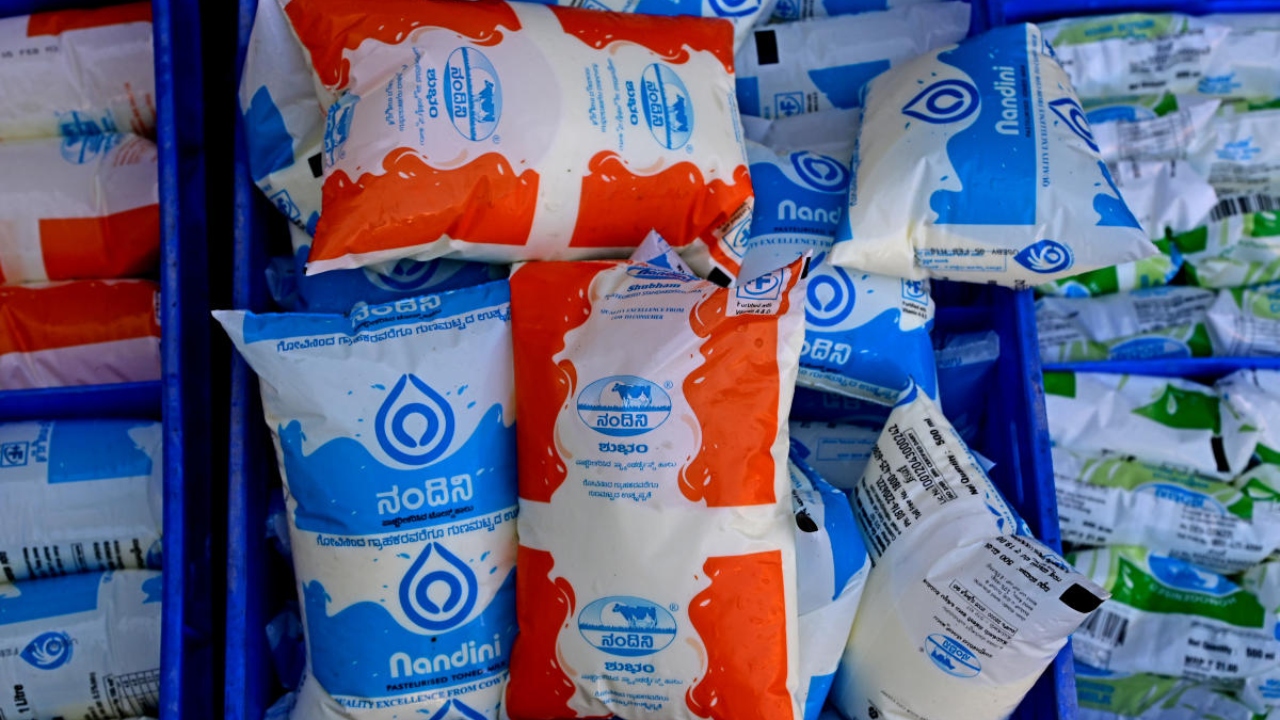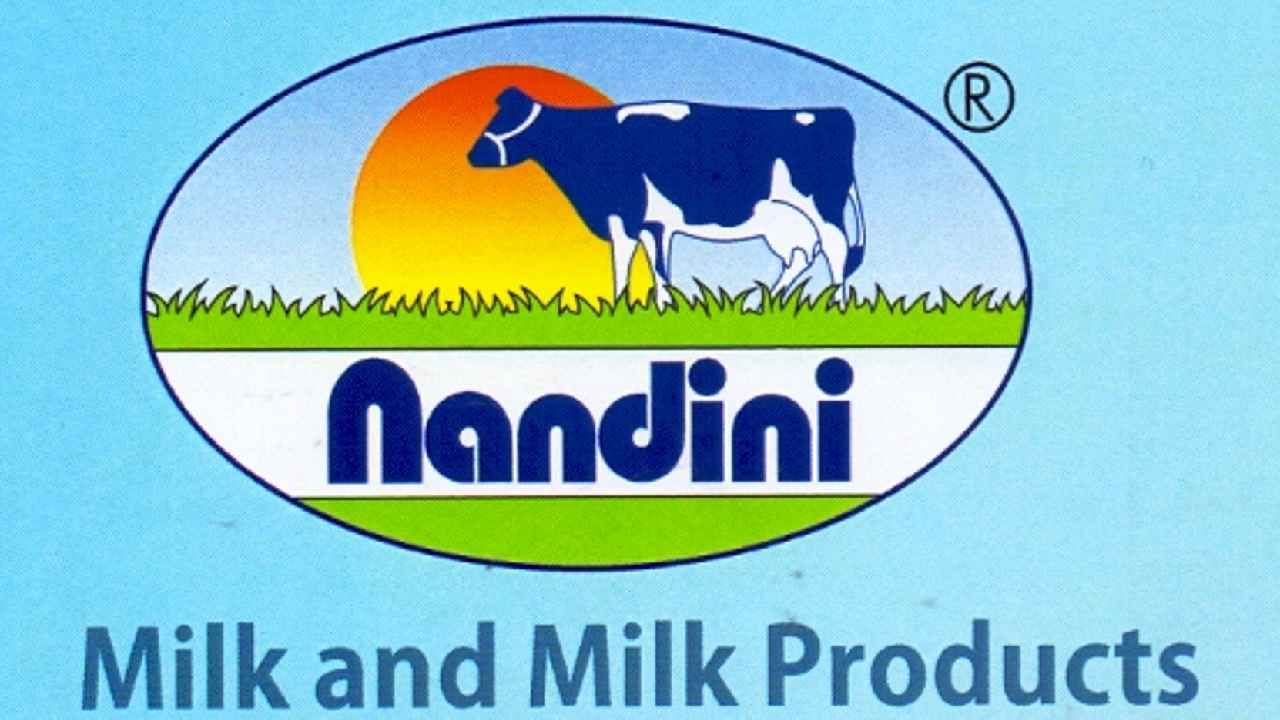In the landscape of India’s Fast Moving Consumer Goods (FMCG) industry, one brand has risen to claim a remarkable position of distinction. Karnataka Milk Federation’s Nandini has emerged as the sixth most-preferred choice among consumers, as revealed by the esteemed ‘Brand Footprint 2023 India’ report published by Kantar, a renowned marketing data and analytics company. This recognition highlights Nandini’s significant impact and widespread popularity within the FMCG market, solidifying its status as a top-tier contender.

Source: IBC Global Times
Amongst the multitude of brands struggling for consumer attention, Nandini has carved a remarkable niche for itself as the only dairy brand, apart from Amul, to secure a coveted spot in the top 10 rankings. Parle claimed the prestigious first place on the list, while Britannia settled into a close second. Amul’s enduring appeal earned it the third spot, with Clinic Plus following closely in fourth. Tata, another industry giant, secured the fifth position on the chart. The report’s ranking system hinges on the Consumer Reach Points (CRP) metric, which takes into account the number of households reached by a brand, the percentage of households purchasing that particular brand, and the frequency of consumer purchases for each brand. This comprehensive approach paints a vivid picture of the brands that have resonated most effectively with consumers and achieved significant market penetration.

Source: Exchange4media
The ‘Brand Footprint 2023 India’ report highlighted an interesting trend in consumer behavior following the Covid pandemic. Across India, consumers began opting for smaller packs when making purchases, a shift driven by the desire to limit trip expenses. This change had a profound impact on the number of consumer occasions, a crucial factor influencing consumer choices, as measured by the Brand Footprint. K Ramakrishnan, the managing director of Kantar’s Worldpanel Division India, emphasized in the report that this shift resulted in a significant surge in consumer occasions.

Source: Tv9 Kannada
However, alongside this positive development, the report also highlighted a potential threat to brand loyalty. With an increase in the number of FMCG trips and the purchase of various packs, there was a growing likelihood of consumers trying out new brands. As each additional trip presented an opportunity for shoppers to experiment with different products, the risk of decreased brand loyalty became evident. This finding raised important implications for FMCG companies, urging them to strategize and adapt to the evolving consumer preferences in order to maintain their market position and strengthen brand loyalty.



















































































